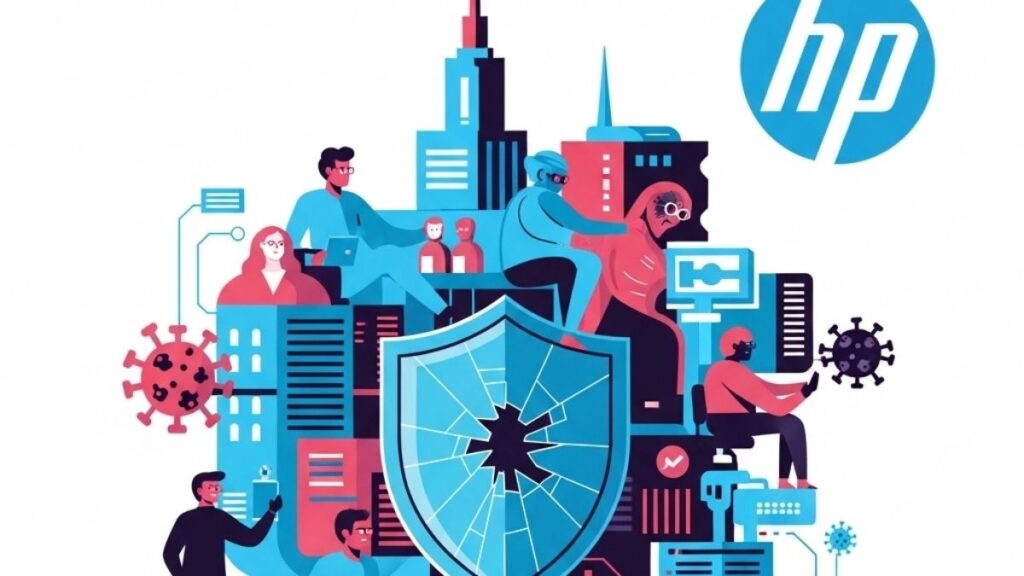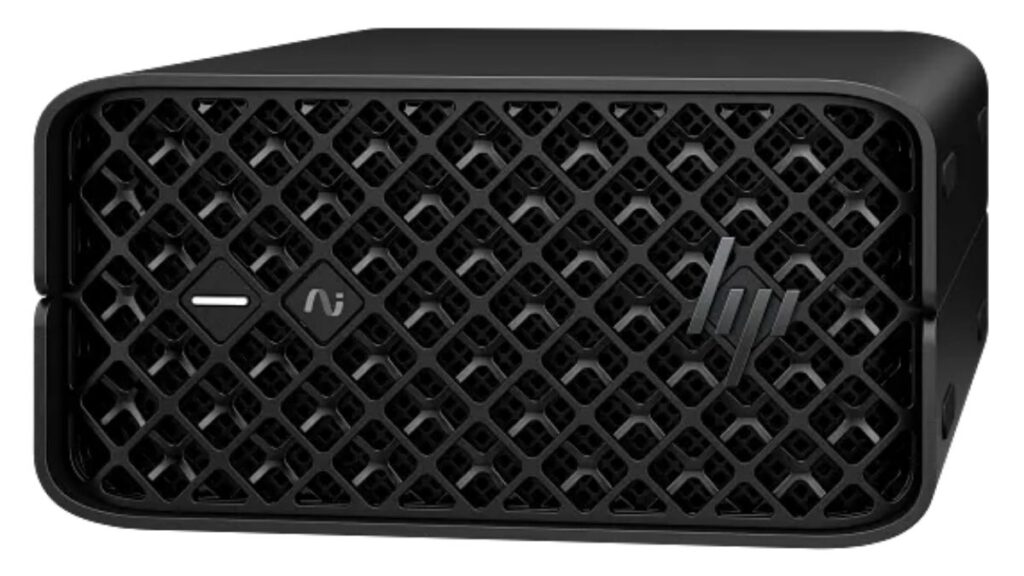HP’s partner program is unique in the market. Most firms treat their partners unevenly depending on whoever is running the effort at the time. Virtually all vendors give their programs lip service in terms of it being necessary and talk about making it easier to work with partners and balance between their internal sales groups and the partners who often compete over the same accounts. At HP, partners seem to be treated more like family, and their partner events feel more like revival meetings than the typical event their peers put on.
You’d likely have to attend events by HP and someone else to see this, but when I have, I’ve been fascinated by how much HP’s partners act like HP employees. The trust appears higher, the sense of trying to achieve a common goal greater, and the focus on partner needs deeper. But this last week, I found another difference that could be a massive game-changer for HP. That is, 98% of HP’s partners aggressively share data with HP.
If HP can make timely use of that data, it should give them a strategic market advantage in the segment. Let me explain.
Supercharging Partners
Back when I worked at IBM, I was given the task of determining why sales were declining. I’d run the commission program for sales for a time for the West Coast before this and had a sense that something was wrong because we were experiencing excessive churn in the sales force.
Sales reported that we were losing because we were too expensive. I was responsible for competitive pricing, and my analysis showed we were the lowest cost vendor at the time; so that seemed unlikely. Hence, I received permission to study the problem. Since I couldn’t trust what was coming in from sales, I surveyed our partners and eventually discovered that the problem wasn’t pricing—it was that our sales reps hadn’t been adequately trained, and many weren’t good at selling. I also found out our head of sales was working for our largest competitor and was ethically compromised, but that’s another story.
My point is that partners can provide information that can lead you to understand problems that aren’t picked up by internal groups and may be concealed by some of them. Years later, I did an extended series of surveys while working for Giga Information Group, which identified huge disparities between customer satisfaction scores from direct customers and channel customers. The lack of coordination, uneven information transfer, and a lack of measurements and accountability resulted in far lower customer satisfaction from channel customers than direct customers.
It was theorized that if you could instrument the partners, identify problems, assess the causes for the problem, and then roll out programs that mitigate the problem, you could fix them. If you could better coordinate with the partners to assure the customer experience is consistent with direct sales, you could optimize the partner channel. Firms seem to forget that partner programs that are designed to increase a firm’s reach can also significantly degrade the firm’s perceived quality and customer loyalty while increasing customer competitive losses if those programs aren’t appropriately managed.
HP’s Fix
By treating partners like family and gaining an unprecedented level of trust with those partners, HP has access to the data and support they need to optimize their partner channel creation. This process makes the partners better agents for HP; it maximizes the partner revenue and optimizes the channel—maximizing HP’s benefits. This effort should result in a significant advantage for HP and its partners, which can more effectively operate as one unit to assure the indirect sales process, provide data to improve the direct and indirect sales efforts and assure partner and customer loyalty. This process is the very definition of a win/win strategy.
In short, HP is very aggressive with providing partner interfaces, and removing the friction in the sales process. This trust and unprecedented partner support assure a fair balance between direct sales and indirect partner sales efforts; it is the loyalty and trust that resulted in partners being willing to share their data that genuinely stands out.
Wrapping Up
The most important thing to look for in a partner program is trust and data sharing. If the partners don’t trust a firm enough to share data, you are managing your partner problem wrong, and it is sub-optimal. HP’s program created an unprecedented level of trust, creating a foundation for a partner program unmatched in the industry where partners are more like employees than outsiders and trust HP enough to share their most valuable asset, customer data. This data sharing should benefit HP, its partners, and collective customers by providing better experiences, lower costs, and more effective solutions for all.
- The Human Element: HP’s Latest Security Report and My Near-Miss with a Digital Predator - July 11, 2025
- The Mighty Mini: Why HP’s Z2 Mini G1a Workstation Is the Unsung Hero of AI Development - July 7, 2025
- The HP OmniBook X Flip 2-in-1 16-Inch: Your New Digital Swiss Army Knife (Now in Glorious Atmospheric Blue) - June 25, 2025




Comments are closed.